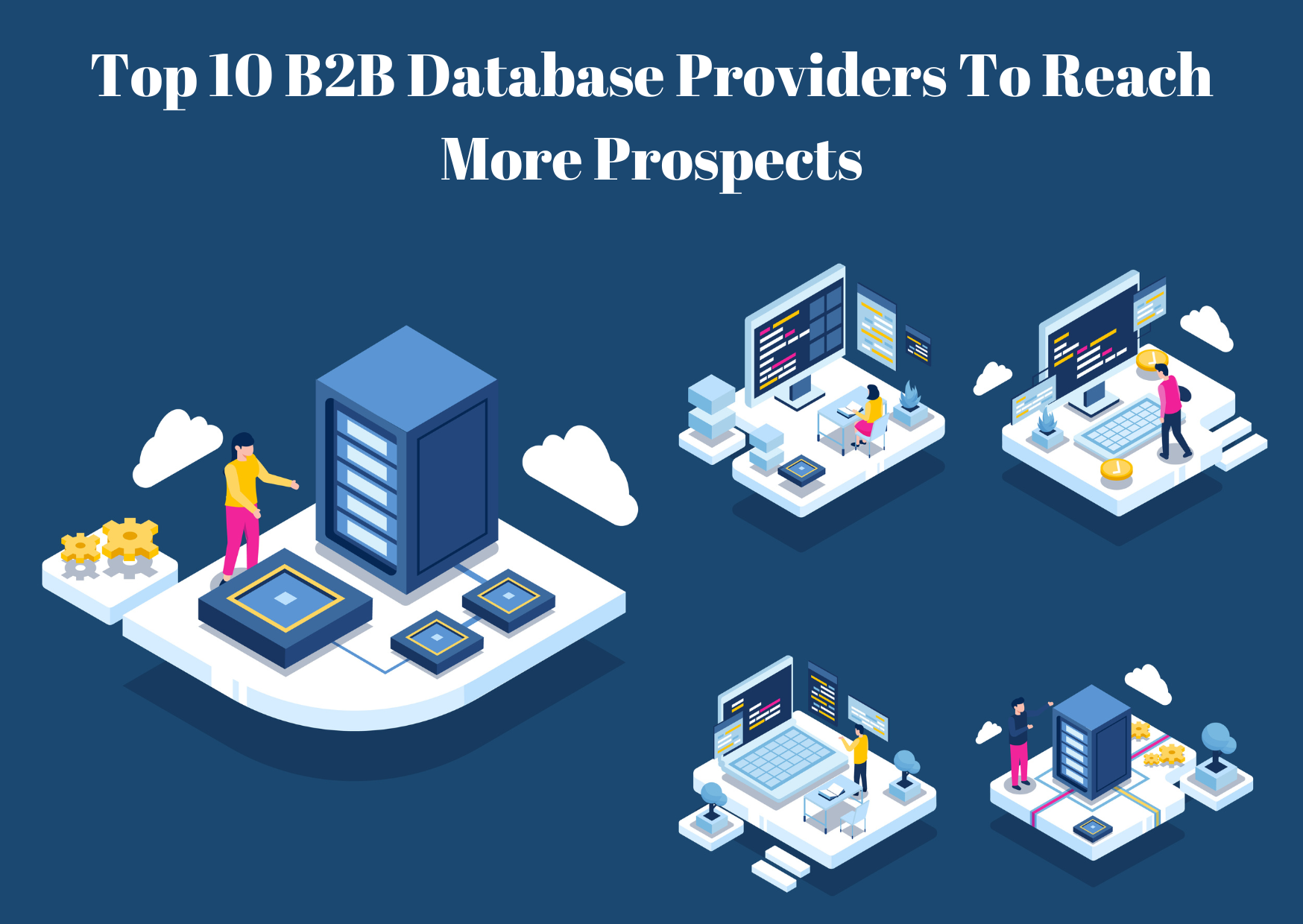The Benefits of Using a Cloud-Based Database Provider
The Benefits of Using a Cloud-Based Database Provider
Blog Article
Trick Attributes to Look for When Picking a Data Source copyright
Selecting a data source provider is a critical choice that can significantly influence your organization's data and procedures monitoring approach. Amongst the necessary features to consider are scalability choices, which ensure that your system can adjust to expanding demands.
Scalability Options
When selecting a database service provider, understanding scalability alternatives is crucial to making sure that the chosen option can fit future growth. Scalability refers to the capacity of a data source system to broaden its capacity and efficiency in feedback to raised need. There are two primary kinds of scalability: straight and upright.
Upright scalability, or "scaling up," entails improving a solitary web server's sources, such as CPU, RAM, or storage space. This technique can be simple and cost-efficient for smaller applications yet may get to a restriction where further upgrades are too pricey or impractical.
Straight scalability, or "scaling out," involves adding extra web servers to disperse the lots. This method enables greater adaptability and can suit substantial boosts in information quantity and user traffic (database provider). It is specifically beneficial for cloud-based data source solutions that can dynamically allocate sources based on need

Safety And Security Measures

When evaluating safety and security procedures, consider the implementation of file encryption methods (database provider). Data-at-rest and data-in-transit encryption are vital to guarantee that sensitive information remains secured, even in the occasion of a safety and security breach. In addition, seek carriers that offer solid verification devices, such as multi-factor verification (MFA), to better improve accessibility control
Normal safety and security audits and conformity with market requirements, such as GDPR or HIPAA, are indicative of a supplier's commitment to information security. Furthermore, ask regarding their case reaction plan; a robust strategy can decrease the impact of any kind of potential safety event.
Efficiency Metrics
Evaluating efficiency metrics is crucial for organizations to ensure that their chosen database supplier satisfies operational demands. Key performance metrics include action scalability, throughput, and time, which collectively determine the efficiency of data source operations under varying lots.
Feedback time is important, as it shows just how quickly the data source can refine questions and return results. Organizations must look for metrics that suggest average reaction times during optimal and off-peak hours. Throughput, typically measured in deals per 2nd (TPS), provides understanding into the database's capability to manage high volumes of requests without This Site efficiency destruction.
Scalability evaluates the database's ability to grow with the organization's needs. A robust database copyright must demonstrate vertical and straight scaling capabilities, permitting smooth modifications as needs change. Furthermore, understanding latency, especially in dispersed systems, can help organizations examine the responsiveness of the data source throughout various geographical areas.
Consumer Assistance
Trusted client support is a foundation of reliable database management, offering companies with the support needed to solve issues and optimize performance. When choosing a database provider, examining the level of customer support they use is important. A durable support system need to consist of several networks of interaction, such as phone, email, and live conversation, making sure that customers can access help whenever they require it.
Additionally, receptive support groups that are offered 24/7 significantly improve the integrity of the database service. Trigger feedback times and effective resolution of problems can significantly minimize downtime and boost total performance. It is likewise useful to think about the accessibility of dedicated support personnel, that can supply customized support based upon a company's details needs.
Prices Structure
When thinking about a data source service provider, the rates framework is an essential factor that can significantly influence a company's budget and total approach. A adaptable and transparent prices model is necessary for lining up the database sets you back with company needs - database provider. Organizations must review whether the pricing is based upon intake, per individual, or a click this site flat price, as each model can yield various financial ramifications with time
It is essential to analyze any kind of added prices connected with the service provider's solutions, such as data storage costs, transaction expenses, and support charges. Some carriers might use tiered prices, permitting scalability as the company grows, while others could impose official statement stringent limits that can end up being costly as data demands enhance.
Additionally, organizations need to take into consideration the long-term worth of the data source remedy. While reduced first costs can be attractive, they may not make up future upgrades, maintenance costs, or integration costs. Conducting a thorough cost-benefit analysis will aid recognize the most ideal rates framework that balances performance, support, and scalability, ultimately guaranteeing that the selected database copyright lines up with the company's operational and monetary purposes.
Final Thought
In final thought, selecting a database company necessitates careful factor to consider of various crucial features. Examining performance metrics allows the identification of effective databases, and obtainable customer assistance improves the general user experience.
Choosing a database supplier is a crucial decision that can substantially impact your company's information and operations administration strategy.When selecting a data source copyright, understanding scalability options is critical to ensuring that the chosen solution can accommodate future development. When choosing a database copyright, examining the degree of consumer assistance they use is necessary.When taking into consideration a data source company, the pricing structure is a pivotal element that can substantially impact an organization's budget plan and total approach. Carrying out a thorough cost-benefit evaluation will certainly assist identify the most ideal prices structure that stabilizes support, scalability, and efficiency, ultimately making sure that the selected database supplier aligns with the organization's functional and monetary objectives.
Report this page